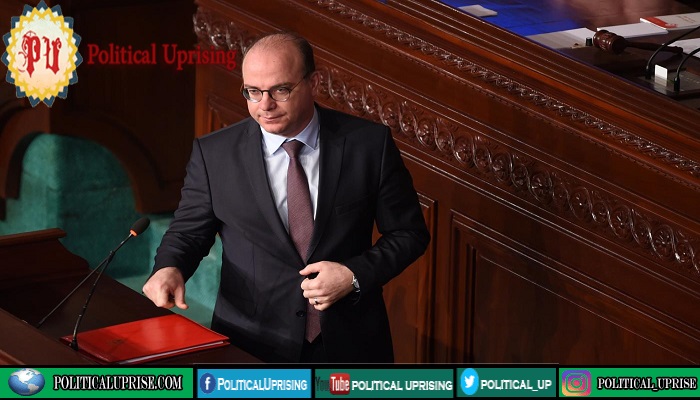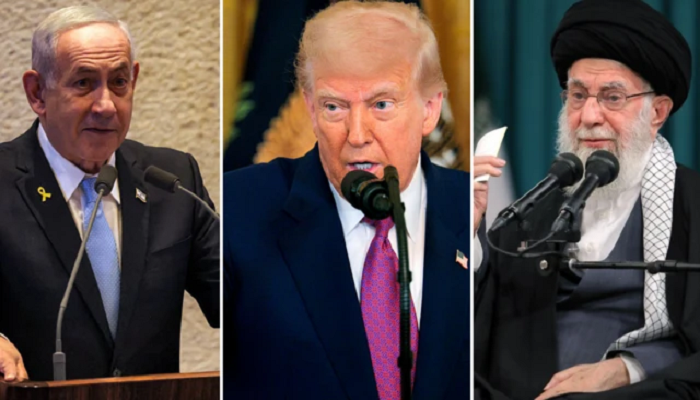Tunisia Prime Minister Fakhfakh resigned after dispute with Ennahdha party that had withdrawn its support for government earlier.
Elyes Fakhfakh has resigned from his post, the government said in a statement, after a dispute with the Ennahdha party that had withdrawn its support for the government.
Fakhfakh handed his resignation to Tunisian President Kais Saied on Wednesday after less than five months in office “in order to pave the way to get out of the crisis and avert further difficulties for the country”, the statement said.
Fakhfakh will now lead a caretaker government while the president must nominate a replacement to start consultations to form a new government.
Following his resignation, Fakhfakh dismissed six government ministers belonging to Ennahdha movement. He warned all those who attempt to harm the security and interests of the country, saying he will continue to fully shoulder his responsibilities.
Ennahdha sharply criticised Fakhfakh’s move to dismiss the ministers “What the resigned prime minister made to exempt the Movement’s ministers from their duties, is messing with institutions and a convulsive reaction, and can harm the interests of citizens as well as the higher interests of the country … especially in the health sector amid the coronavirus pandemic,” it said in a statement.
Tunisian Al Watania refuses to be part of parliamentary committee
Earlier in the day, Ennahdha, which topped the October parliamentary elections, had presented a motion of no-confidence in Fakhfakh due to an alleged conflict of interest.
Last month, an independent member of Parliament published documents indicating the prime minister owned shares in companies that had won deals worth 44 million dinars ($15m) from the state.
A judge has opened an investigation, and the anti-corruption minister has assigned a public watchdog to look into the issue and report back.
Fakhfakh denies he did anything improper or corrupt, saying he had sold his shares in the companies.
On January 20, Fakhfakh was tasked by the president with forming a government.The Parliament approved his government on February 27.
“Ennahdha was forced to accept a coalition government to avoid new elections,” said political analyst Chokri Bahria.
“But the party finds itself in a government with which it has difficulty dealing and in which it has little clout.”
Tunisian PM under pressure over conflict of interest allegations
Ennahdha had initially nominated an independent for premier but he failed to win the support of Parliament, leading the president to name Fakhfakh, a former finance minister, for the post.
Tunisia has been praised as a rare success story for democratic transition after the Arab Spring regional uprisings sparked by its 2011 revolution.
But its leaders have struggled to meet the expectations of the Tunisian people and the already fragile economy has been battered by the closure of the country’s borders due to the novel coronavirus pandemic.
The illness has claimed approximately 50 lives and infected more than 1,300 people in Tunisia.



